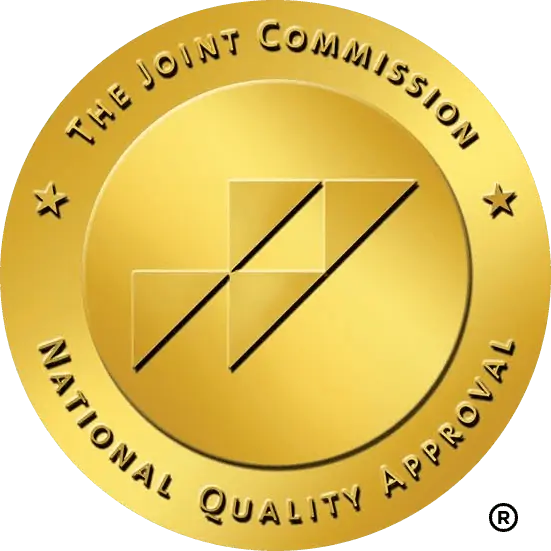Parenting is filled with difficult choices, particularly when it comes to discipline. Do we let our children experience the natural consequences of their actions, or do we impose our own consequences to guide them? This balance is one of the biggest challenges parents face.
At Turning Winds, we work closely with families to help them develop a strong, structured framework for parenting—one that provides the right level of guidance while allowing children to grow into independent, responsible individuals.
Who’s Framing the Picture?
Before diving into natural versus imposed consequences, it’s important to ask a key question: Who is setting the framework for your child’s behavior?
Imagine a framed picture—the child’s life is the picture, but the frame defines its boundaries. In many struggling households, the child is the one defining that frame, setting their own rules and expectations. In contrast, healthy parenting means creating a strong, consistent frame that the child learns to live within.
One of the first steps in effective parenting is establishing who holds that frame. If parents do not maintain clear, consistent boundaries, children will instinctively create their own. In structured environments like Turning Winds, teens operate within a carefully designed framework that existed before they arrived and will remain after they leave. The strength of this framework helps them adapt, grow, and build self-discipline.
For parents, the key is reclaiming that role before considering how to discipline their child. Otherwise, even the best consequences—natural or imposed—may not be effective.
Natural Consequences vs. Imposed Consequences
Once a strong family framework is established, the next challenge is deciding how to respond to misbehavior. Natural consequences happen without parental intervention—if a child forgets their homework, they get a bad grade. If they refuse to wear a coat, they get cold.
Imposed consequences, on the other hand, are structured by parents to guide behavior. Losing screen time, additional chores, or restrictions on activities are common examples.
We help parents assess when natural consequences are enough and when structured consequences are necessary to help their child learn.
When Natural Consequences Work Best
Low-risk mistakes. If the lesson won’t cause harm, allowing kids to experience consequences naturally can be the best teacher.
Developing responsibility. Letting a child face the results of procrastination, for example, teaches accountability.
Reinforcing real-world cause and effect. Teens need to understand how their choices impact their lives and others.
When Imposed Consequences Are Necessary
When safety is at risk. If a child is experimenting with substance use, simply allowing them to suffer the natural consequence of addiction is not an option. Intervention is essential.
When natural consequences aren’t immediate. Some negative behaviors don’t show their effects until later, such as chronic lying or academic dishonesty. Parents may need to step in before patterns become habits.
When a child ignores natural consequences. Some kids continue negative behaviors despite experiencing consequences. In these cases, additional parental structure is needed.
Knowing Your Child and Adjusting Parenting Approaches
Every child is different. Some respond well to natural consequences, while others require more guidance. Even within the same family, children have unique temperaments and needs.
Building a Healthy Parent-Teen Relationship
Discipline should never be the only interaction between a parent and child. If every interaction is about correction or conflict, teens may withdraw, rebel, or shut down emotionally. That’s why building trust and connection is just as important as setting boundaries. For every moment of discipline, there should be multiple points of positive connection.
Even our clinical staff don’t just engage with teens when things go wrong. They spend time with them during meals, activities, and casual interactions. This consistency builds trust and makes moments of discipline far more effective.
Parents can apply this at home by making sure their child’s world isn’t just about expectations and correction, but also encouragement, shared experiences, and support.
Parenting Without Perfection
Many parents worry that if their child is struggling, they must have failed in some way. This couldn’t be further from the truth.
Parenting today is more challenging than ever. Society doesn’t always foster healthy mental health habits, and the pressures teens face—social media, academic stress, peer influences—are greater than in previous generations.
That’s why seeking help isn’t a sign of failure—it’s a sign of strength.
At Turning Winds, we work with families to create lasting, meaningful change—not just for teens, but for the entire family system. If you’re struggling with how to support your teen through their challenges, you don’t have to do it alone. Contact us online for more information, or call us at 800-845-1380 to start your teen’s journey.









